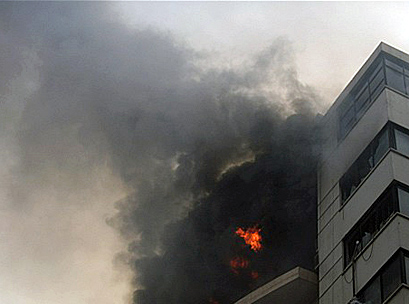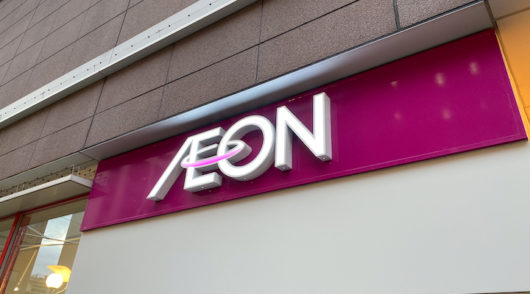Gap says it will take an initiative to improve building and fire safety standards across the company’s approved third-party garment manufacturing factories in Bangladesh.
The move comes in the wake of growing international awareness of working conditions in clothing factories in developing countries which led to ‘fainting’ protests at brand name stores in Europe and the UK last month.
Gap says its program underscores what it describes as “tangible steps” taken in the country over the last two years – including humanitarian aid, fire safety training and education, and fire safety audits. It says its program is a critical step forward to address fire and building safety issues in Bangladesh’s apparel industry.
The company will appoint a chief fire safety inspector who will oversee fire and building safety inspections of garment factories in Bangladesh. The fire safety inspection will be based on national laws, internationally recognised workplace safety standards, and existing practices in Bangladesh.
After the inspection, the chief fire safety inspector will then outline remediation steps with a specific action plan and regular check-ins to help ensure that these facilities are in full compliance with building, fire and electrical safety standards.
A worker support program will be launched to ensure that factory employees displaced from work because of remediation of significant fire safety risks receive payment of up to one month’s wages for work days missed. Gap will make available up to US$2 million to its long-standing vendors who have the highest production volume in Bangladesh to help support these payments as necessary.
Gap will also assist factory owners in Bangladesh in making the necessary fire and building safety upgrades by providing accelerated access to capital of up to US$20 million to support the implementation of the required safety improvements.
The company will engage with Bangladesh and US government agencies and the International Labor Organisation (ILO) to promote comprehensive change.
The move comes after the company engaged in months of constructive dialogue with ILO, Bangladeshi vendors, and other engaged stakeholders in an attempt to find an acceptable framework for an industry-wide solution on improving fire safety.
“Our company is determined to see that the people working at various points along our supply chain are treated with fairness, dignity and respect,” said Colin Funnell, executive VP of global supply chain for Gap.
GB






